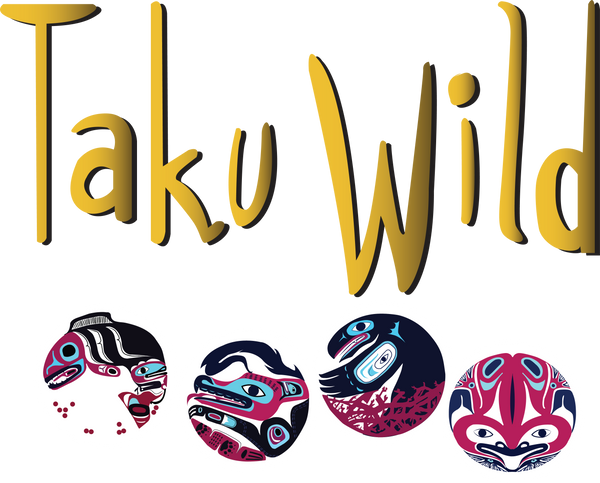Nutritional Facts
Nutrition is always in the news. In fact, it seems nearly every day we hear conflicting stories on nutritional information. It is no wonder many of us are confused about making healthy food choices.
This confusion is especially true when it comes to fats. Saturated, unsaturated, monounsaturated, polyunsaturated, good fats, bad fats, — these are the most difficult to decipher. For the past 20 years, dietary fat was generally considered “bad” and dietary guidelines emphasized limiting fat intake.
Now we are pleased to announce there has been a shift in scientific thinking. Experts now agree that the quality of dietary fat is at least as important, if not more so, than the quantity. We have learned that some fats actually protect and promote good health. Fats contain mixtures of fatty acids that are responsible for the different health effects of various fats.
Among the most important health promoting fatty acids are Omega-3. Your body cannot make Omeag-3 fatty acids, so you need to obtain them from your diet. Most of us do not consume enough of these healthful fatty acids. Long chain Omega-3 fatty acids are unique to seafood, particularly oil rich fish such as, Alaskan Salmon. Eating Alaskan salmon /seafood — fresh, frozen, or canned is a convenient and effective way to boost consumption of Omega-3 fatty acids.
Seafood is the original “fast food”. Easy and delicious meals can be ready in minutes, and are brimming with healthy nutrients. The clearest and most promising benefits of Omega-3’s are in deterring heart disease. Recent studies from cancer research also suggest that Omega-3’s may be important in discouraging the development or spread of certain cancers, especially colon cancer.

Quality Guaranteed
A delicious treat! Our wild salmon are sustainably harvested from the icy cold and pristine waters of the Taku River in Northwest Canada. Wild salmon are generally bigger and healthier than farm raised salmon, resulting in a firmer texture which provides a superior flavor.
